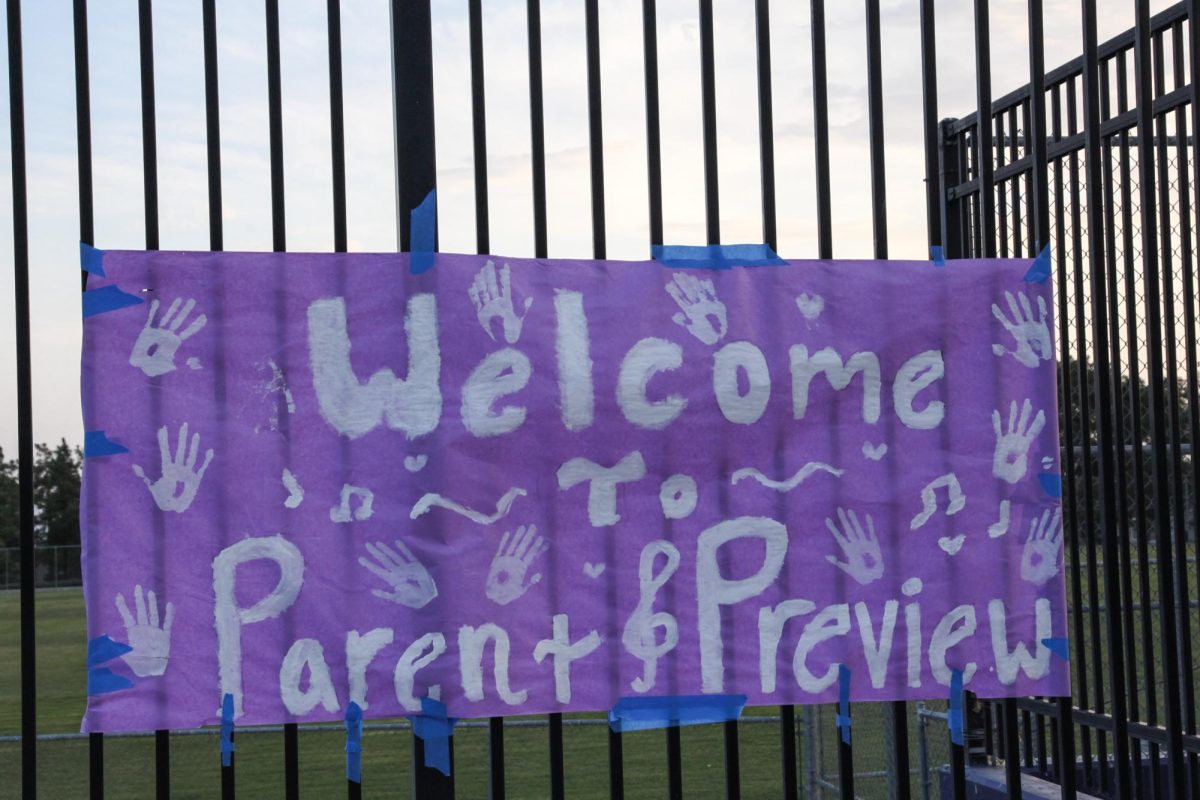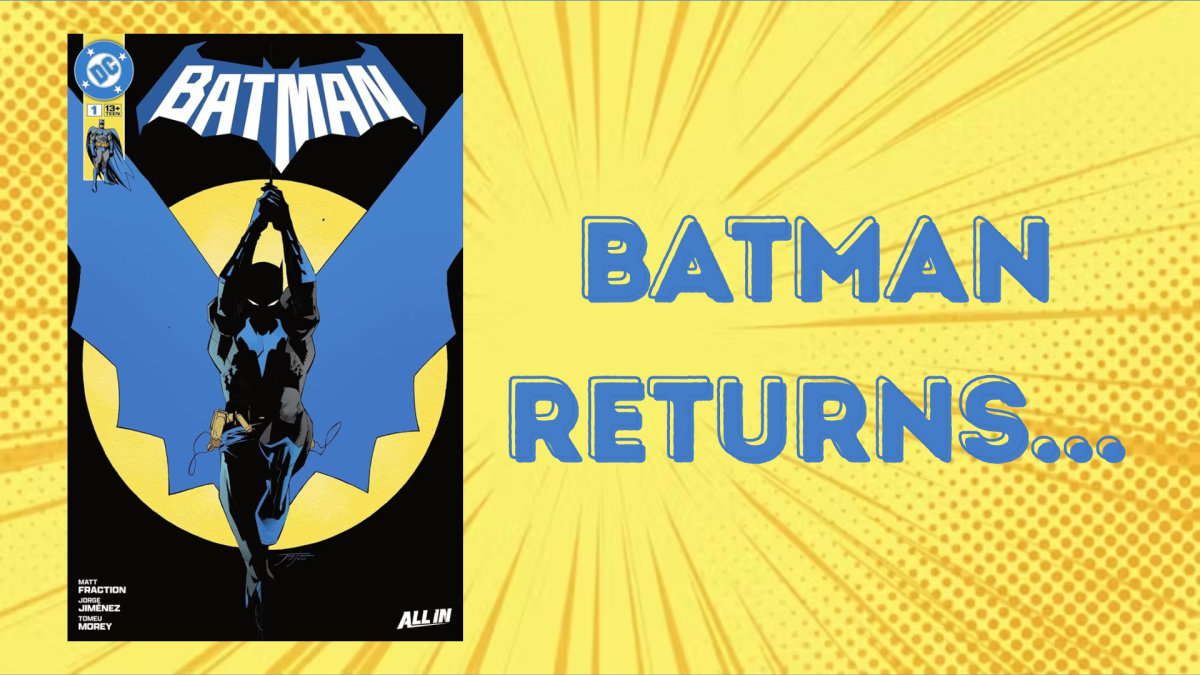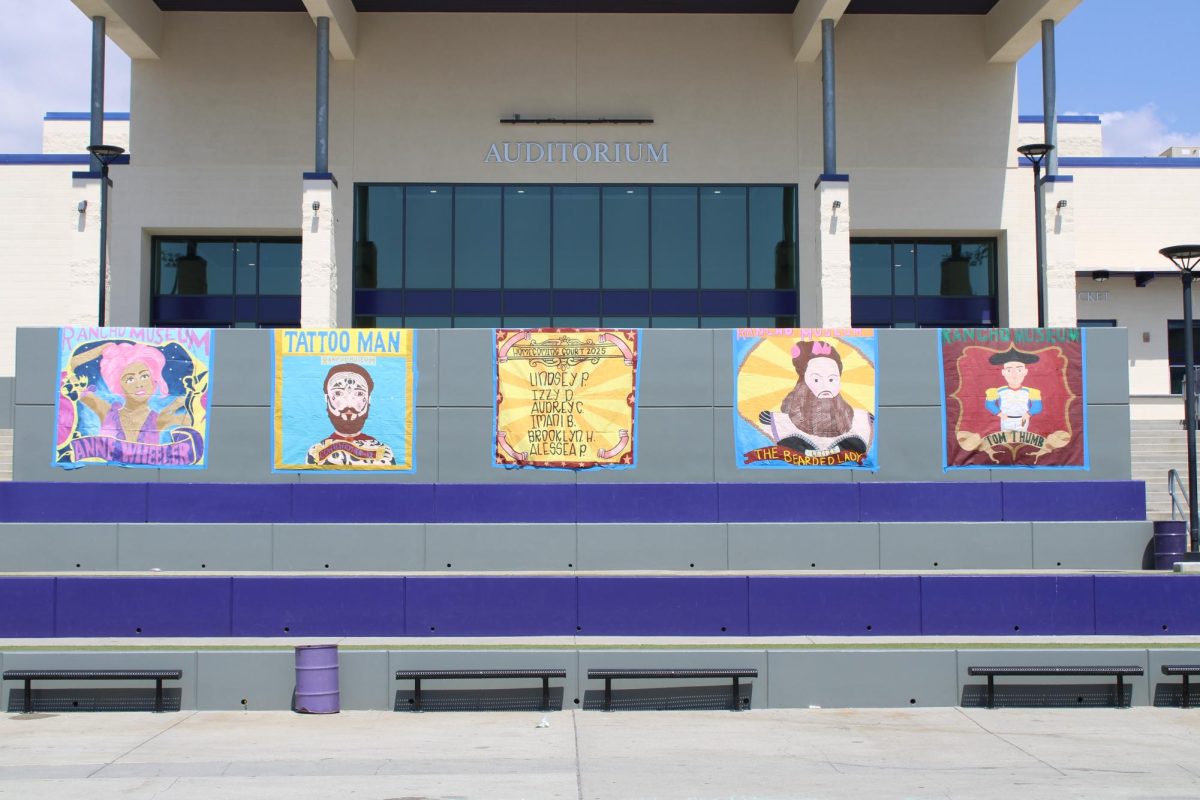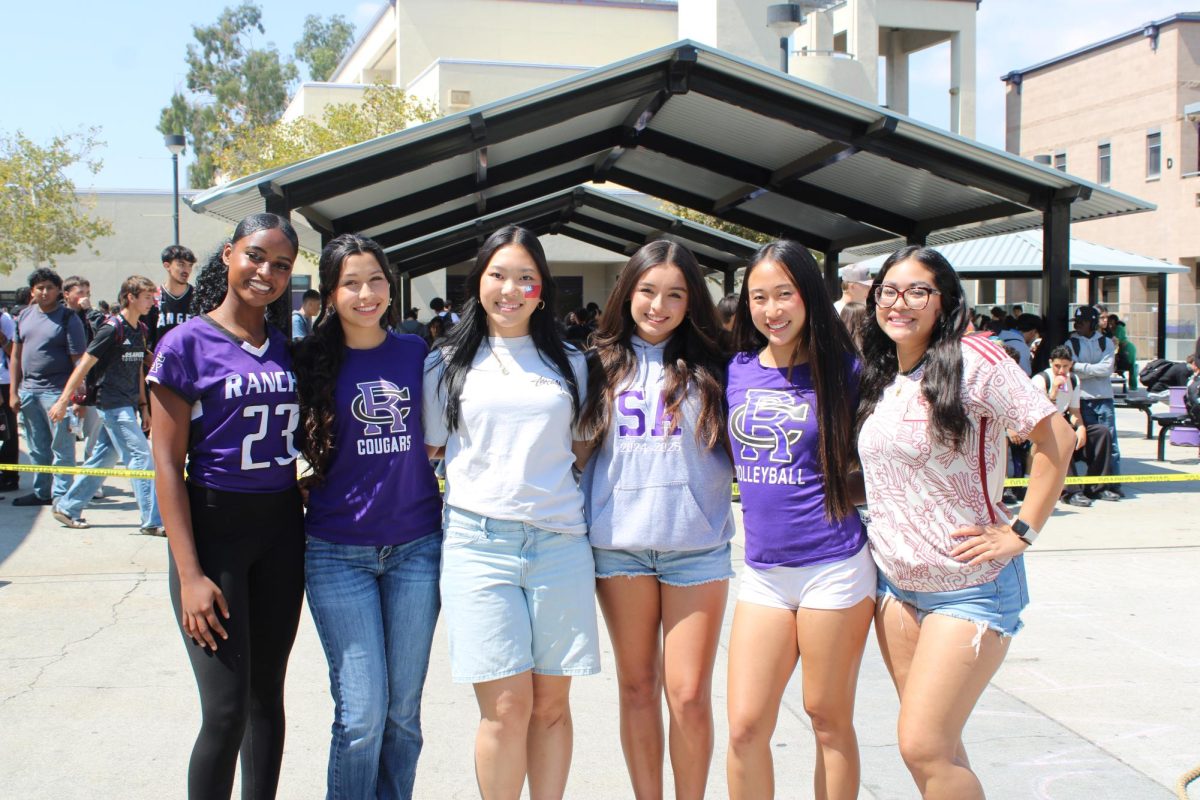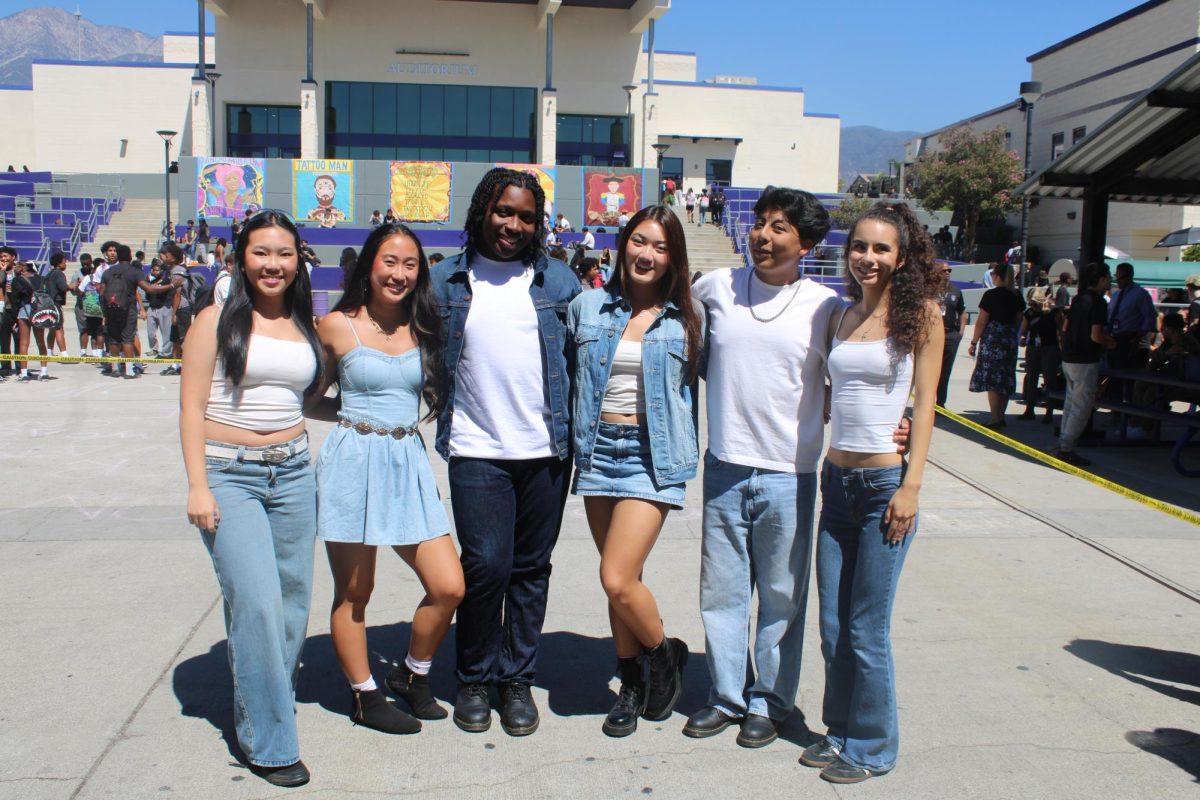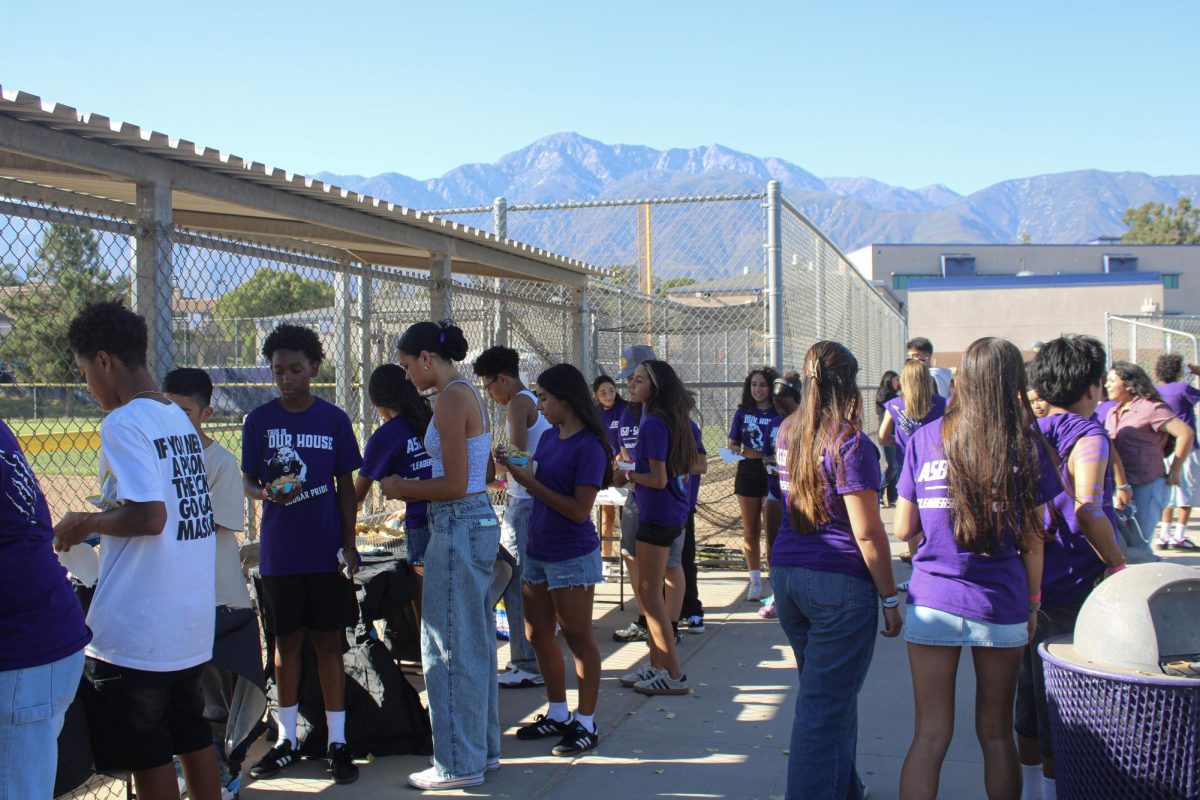In many classes, teachers are asking seniors to think about their post-graduation plans. For many, this plan includes going to college.
In ERWC, teachers assign a career research paper that requires students to look at the education levels needed for a desired career. Likewise, in junior English, students begin to complete the UC Statements as an assignment.
While this is an exciting time for seniors, there can be lots of confusion and stress surrounding the process, but they are not alone. There are a myriad of resources for students to use when researching future colleges and applications.
High school counselors are just one of the resources available to high school students. Since college applications are an important component of the next steps students have to take for higher education, it is important for them to work hard on them. However, students are faced with external and internal challenges. Luckily, the counselors are available to help students achieve their academic and personal goals.
Mr. Jose Marquez, a Rancho Cucamonga High School counselor, said how “the intimidation factor is always there” when it comes to applying for colleges.
“The long process is intimidating and there’s lots of pieces to it,” Marquez said. “The challenge students need to get through is procrastinating.”
He also shared some advice about how students can avoid procrastination and keep track of deadlines for applications and financial aid.
“It can be something as simple as putting down a calendar and just jotting down the deadlines,” Marquez said.
Another RCHS counselor, Ms. Concetta Aguilera advises students to not leave applications until the last minute.
“Meeting or even beating deadlines is paramount,” Aguilera said.
In regard to the applications themself, several exist including the UC application, California State applications, and the Common Application.
Aguilera encourages students to apply to multiple school and university systems to keep their options open.
“If [students] can visit a campus before they apply, even better, because they can check out the surrounding area and get a snapshot of the students who are currently attending,” Aguilera said. “Sometimes this makes all the difference in the world if students are looking for certain characteristics like diversity, school spirit, small or large class size.”
With all of the different school systems and college applications, many students might wonder which application is most suitable for them.
“[Knowing which application to complete] depends on the student,” Marquez said. “If the student is applying to private schools, or out-of-state schools, the Common Application can be a little more involved on both the student side and the teacher side or the counselor side.”
Recommendation letters are also an important part of many college applications, and the Common Application has the place for them. While this difference between the applications causes some to believe certain applications need more attention, Marquez said the opposite is true.
“I feel like the UC application is a lot more involved for the student to respond with their insight questions,” Marquez said. “There’s four questions that they answer and they’re only limited to 350 words; so, you really have to hone it, make sure it’s polished. Every part of those answers should have the reader learn about the student.”
Marquez emphasized how critical it is for students to look over and double check their applications before submitting them. He said it is important for students to make sure they are accurate in putting their grades and courses correctly because he has seen students make mistakes in this process.
“Be intentional with what you’re working on,” Marquez said. “If you’re working on your application and putting in your grades and courses, be intentional and careful about that. Don’t just do an application because your friends are doing it. Do it with that intention to get into that school. Write those essays to reflect who you are.”


